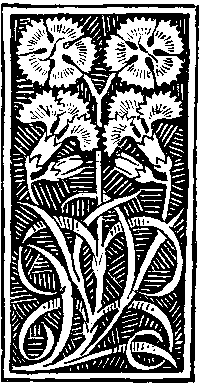Queer Heritage and Strategic Humour in Recent Screen Biofictions of Emily Dickinson
DOI:
https://doi.org/10.5281/zenodo.11085067Keywords:
A Quiet Passion, biofiction, biomythography, Dickinson, Emily Dickinson, Susan Gilbert Dickinson, post-authenticity, queer heritage, queer humour, Wild Nights with EmilyAbstract
The article discusses three latest screen portrayals of Emily Dickinson, namely Terence Davies’s biopic A Quiet Passion (2016), Madeleine Olnek’s independent biographical comedy Wild Nights with Emily (2018), and Alena Smith’s Apple TV+ teen series Dickinson (2019-2021), examining to what extent these texts can be termed neo-Victorian biofictions. The article focuses on the latter two screen products, which are analysed as queer and self-reflexive biofictions, questioning and subverting the dominant cultural image of the poet as a reclusive writer and thinker, and portraying her in an irreverent and often humorous way. Their respective creators both chose to make Dickinson’s love affair with her sister-in-law the driving force of the plot, demythologising the poet and claiming her as an icon of queer heritage. In turn, Terence Davies’s 2016 biopic is treated as a counterfoil to the other two, by virtue of its startlingly conservative and heteronormative agenda. Furthermore, the article discusses the use of humour as a strategy in queer biofiction, and finally it analyses how Olnek’s and Smith’s projects deploy romantic comedy tropes in their presentation of the romance between Emily Dickinson and Sue Gilbert.
Downloads
Published
Issue
Section
License
Copyright (c) 2024 Neo-Victorian Studies

This work is licensed under a Creative Commons Attribution-NonCommercial-NoDerivatives 4.0 International License.


